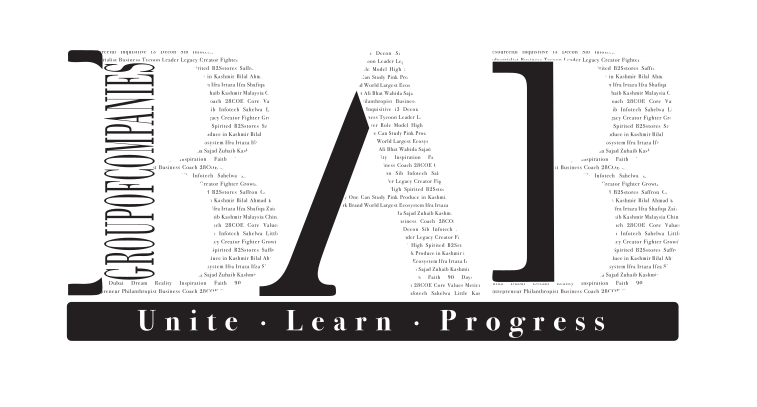Reading is often described as food for the brain, nourishing it with knowledge, creativity, and empathy. Dr. Bilal Ahmad Bhat, Founder of the BAB Group Of Companies, emphasizes the profound impact of reading on cognitive function and personal growth. Let’s delve into how reading influences the brain:
- Cognitive Stimulation
Reading engages various regions of the brain associated with language processing, comprehension, and critical thinking. It stimulates neural pathways, enhancing brain connectivity and function. Regular reading improves vocabulary, memory retention, and analytical skills, thereby sharpening cognitive abilities over time.
- Emotional Intelligence and Empathy
Literary fiction, in particular, enables readers to immerse themselves in diverse characters’ emotions and perspectives. This experience fosters empathy and emotional intelligence by helping readers understand different social cues, motivations, and emotions portrayed in narratives. Empathy gained from reading translates into improved interpersonal relationships and social interactions.
- Stress Reduction
Engaging in a good book can act as a natural stress reliever. Studies show that reading for as little as six minutes can reduce stress levels by lowering heart rate and muscle tension. Escaping into a fictional world or gaining insights from self-help books offers mental relaxation and an opportunity to unwind from daily pressures.
- Enhanced Focus and Concentration
In today’s digital age, where distractions abound, reading helps cultivate sustained focus and concentration. The immersive nature of reading requires uninterrupted attention, training the brain to block out distractions and improve concentration spans, which is beneficial in both personal and professional settings.
- Lifelong Learning and Brain Health
Continuous reading throughout life is associated with better cognitive reserve and reduced risk of cognitive decline in older age. It promotes lifelong learning by exposing individuals to new ideas, perspectives, and knowledge domains. This mental stimulation contributes to brain plasticity, the brain’s ability to adapt and reorganize in response to learning experiences.
Actionable Insights for Readers
To maximize the cognitive and emotional benefits of reading:
- Diversify Reading Material: Explore various genres, fiction, non-fiction, and self-help books to broaden perspectives and knowledge.
- Set Aside Dedicated Reading Time: Incorporate reading into daily routines, such as before bed or during commute, to establish a habit.
- Discuss and Reflect: Engage in book clubs or discussions to share insights, gain different viewpoints, and enhance comprehension.
Connecting with “28COE Quotes Book 200 Members Volume-1”
The “28COE Quotes Book 200 Members Volume-1 from 70 Countries” curated by Dr. Bilal Ahmad Bhat serves as a testament to the transformative power of words. It encapsulates wisdom and inspiration from diverse global voices, offering readers profound insights into life’s complexities and triumphs. Each quote resonates with the essence of human experience, fostering introspection, motivation, and personal growth.
In conclusion, reading is more than a leisure activity; it’s a cognitive exercise that enriches the mind and soul. With guidance from visionaries like Dr. Bilal Ahmad Bhat, embracing reading as a lifelong habit can lead to enhanced brain function, emotional well-being, and a deeper understanding of the world.

